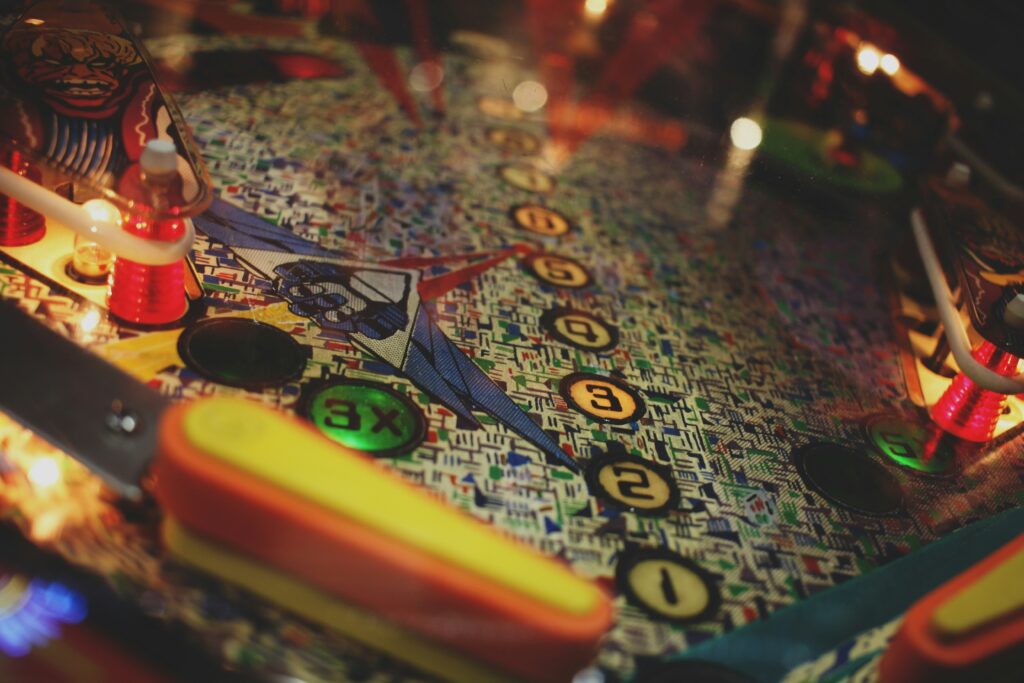Knowing when to walk away is a critical skill for anyone involved in gambling. The thrill of playing and the potential for winning can sometimes cloud judgment, leading to impulsive decisions that may have negative consequences. Discipline in gambling not only protects your finances but also ensures that the experience remains enjoyable. Here’s a comprehensive guide on recognizing when to walk away and the importance of maintaining discipline in your gambling activities.
1. Understanding the Psychological Aspects
The psychological influence of gambling can impact decision-making significantly:
- Emotional Triggers: Various feelings may arise while gambling, such as excitement during winning or frustration during losing. These emotions can lead to erratic behavior, making it essential to recognize their impact on your decision-making.
- Illusions of Control: Gamblers can develop an illusion of control, believing they can influence outcomes when, in reality, many games are based on chance. Acknowledging this helps remind you that you may not always have the upper hand.
- Peer Pressure and Influence: Exposure to other gamblers can intensify emotions and lead to impulsive decisions, so it’s important to cultivate an awareness of how social dynamics can affect your behavior.
2. Establishing Clear Limits
Setting limits before you start gambling is a crucial step in maintaining discipline:
- Bankroll Management: Define a specific budget for your gambling activities that you can afford to lose, and stick to it. This helps prevent excessive spending and financial strain.
- Session Time Limits: Establish how long you plan to gamble in a single session and commit to that timeframe. Setting a timer can assist in adhering to your schedule.
- Loss Limits: Determine a maximum amount you’re willing to lose in a session. If you reach this limit, walk away and reassess rather than risking more funds. This helps avoid the temptation to chase losses.
3. Recognizing Warning Signs
Being able to identify your personal warning signs can help you know when to walk away:
- Increasing Frustration: If you find yourself becoming frustrated or upset, it’s a clear indicator to take a break. Gambling should be an enjoyable pastime, not a source of stress.
- Chasing Losses: If you feel compelled to keep betting after losing with the intention of recouping losses, it’s time to step back. This behavior can lead to more significant losses.
- Withdrawal from Social Activities: Noticing a pattern where gambling takes precedence over social interactions or responsibilities can signal the need to reassess your habits and priorities.
4. Implementing a Self-Exclusion Plan
In some cases, a more structured approach is necessary:
- Self-Exclusion Programs: Many casinos offer self-exclusion programs that allow individuals to voluntarily ban themselves from participating in gambling activities for a set period. This is a helpful option for those struggling with control.
- Account Controls: Use features that limit your ability to gamble beyond set thresholds on online gambling platforms, reinforcing your commitment to responsible gaming.
- Support Networks: Engage with friends, family, or support groups that can provide encouragement and accountability when it comes to recognizing when to step back from gambling.
5. Engaging in Alternative Activities
Finding fulfilling alternatives can help manage urges to gamble:
- Explore New Hobbies: Use the time you would typically spend gambling to engage in other hobbies or activities. Whether it’s crafting, sports, or reading, finding fulfillment elsewhere can reduce the temptation to gamble.
- Focus on Physical Fitness: Engaging in physical activities through exercise or sports can serve as a positive outlet and improve overall well-being, distracting you from the urge to gamble.
- Reconnect Socially: Spend time with friends and family or engage in social outings that reinforce positive experiences outside of gambling activities.
6. Maintaining a Balanced Perspective
Keeping a healthy mindset toward gambling is crucial for long-term enjoyment:
- View Gambling as Entertainment: Shift your mindset by viewing gambling as a form of entertainment rather than a way to make money. This can help you maintain control and reduce the emotional stakes involved.
- Set Realistic Expectations: Recognize that losses are a part of gambling, and not every session will yield positive results. Being realistic about potential outcomes helps manage feelings of disappointment.
- Celebrate Wins Moderately: Enjoy wins but avoid letting them dictate your future betting habits or expectations. Maintain balance by keeping your focus on responsible gaming practices.
7. Continuous Self-Reflection
Regularly reflecting on your gambling habits can provide valuable insights:
- Self-Assess Your Patterns: Identify trends in your gambling behavior, such as excessive time spent or impulsive decisions. Recognizing these patterns can help inform future challenges and adjustments.
- Learn from Experiences: Reflect on both wins and losses, using them as learning experiences. Understanding what works and what doesn’t can guide you in making more informed decisions in the future.
- Adjust Your Goals: If necessary, adjust your gambling goals to better align with your financial situation and overall lifestyle, ensuring they remain realistic and achievable.
Conclusion
Recognizing when to walk away from gambling is a critical skill that can help maintain a healthy relationship with betting activities. By setting limits, being aware of emotional triggers, and implementing effective strategies, you can cultivate a disciplined approach that enhances your overall experience while minimizing risks. Embrace the importance of knowing when to stop and prioritize responsible gambling practices for long-lasting enjoyment!
Call to Action
What techniques do you use to maintain discipline in your gambling practices? Share your tips, experiences, and insights in the comments below, and let’s support one another on our journey to responsible gambling!




